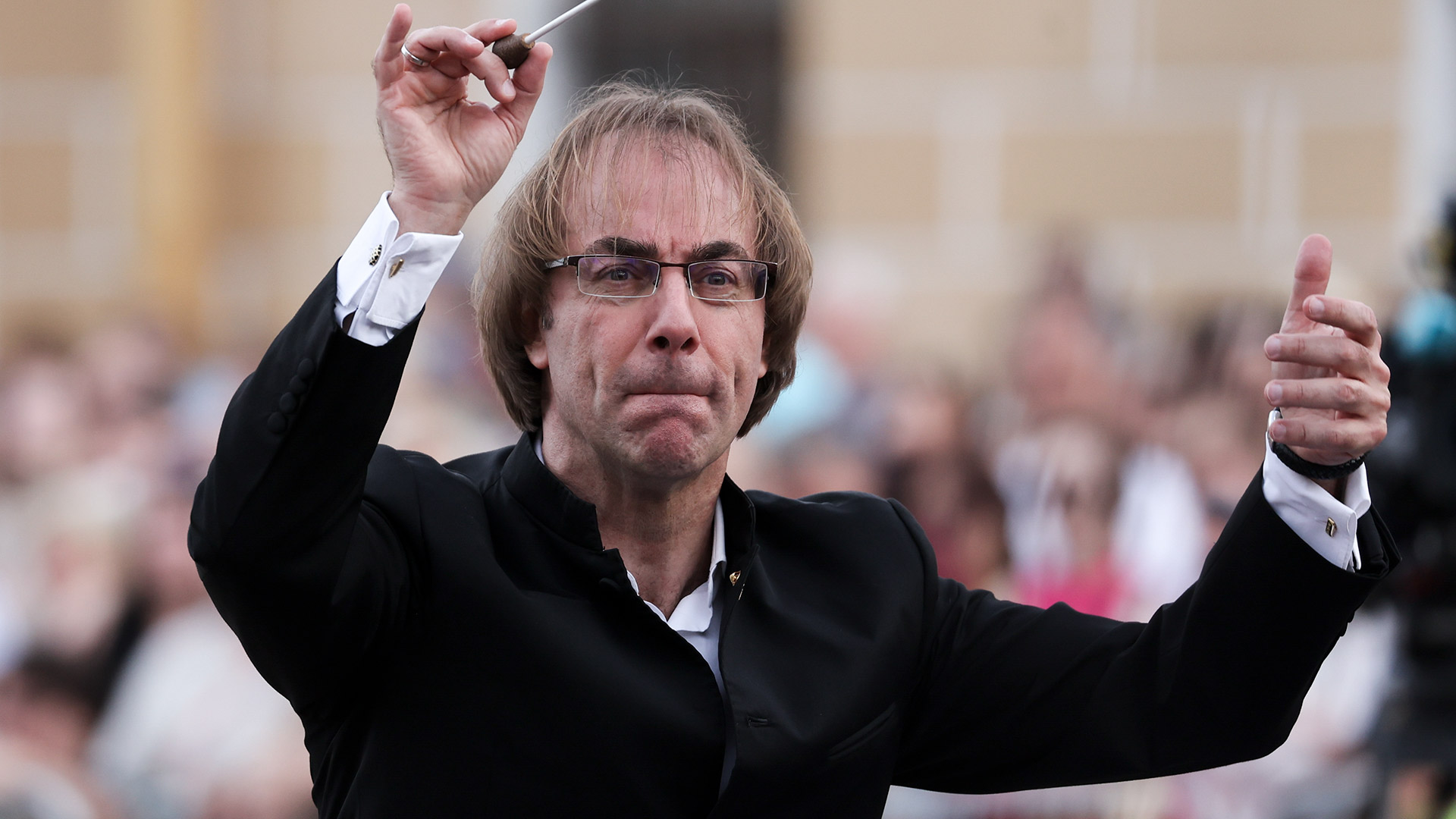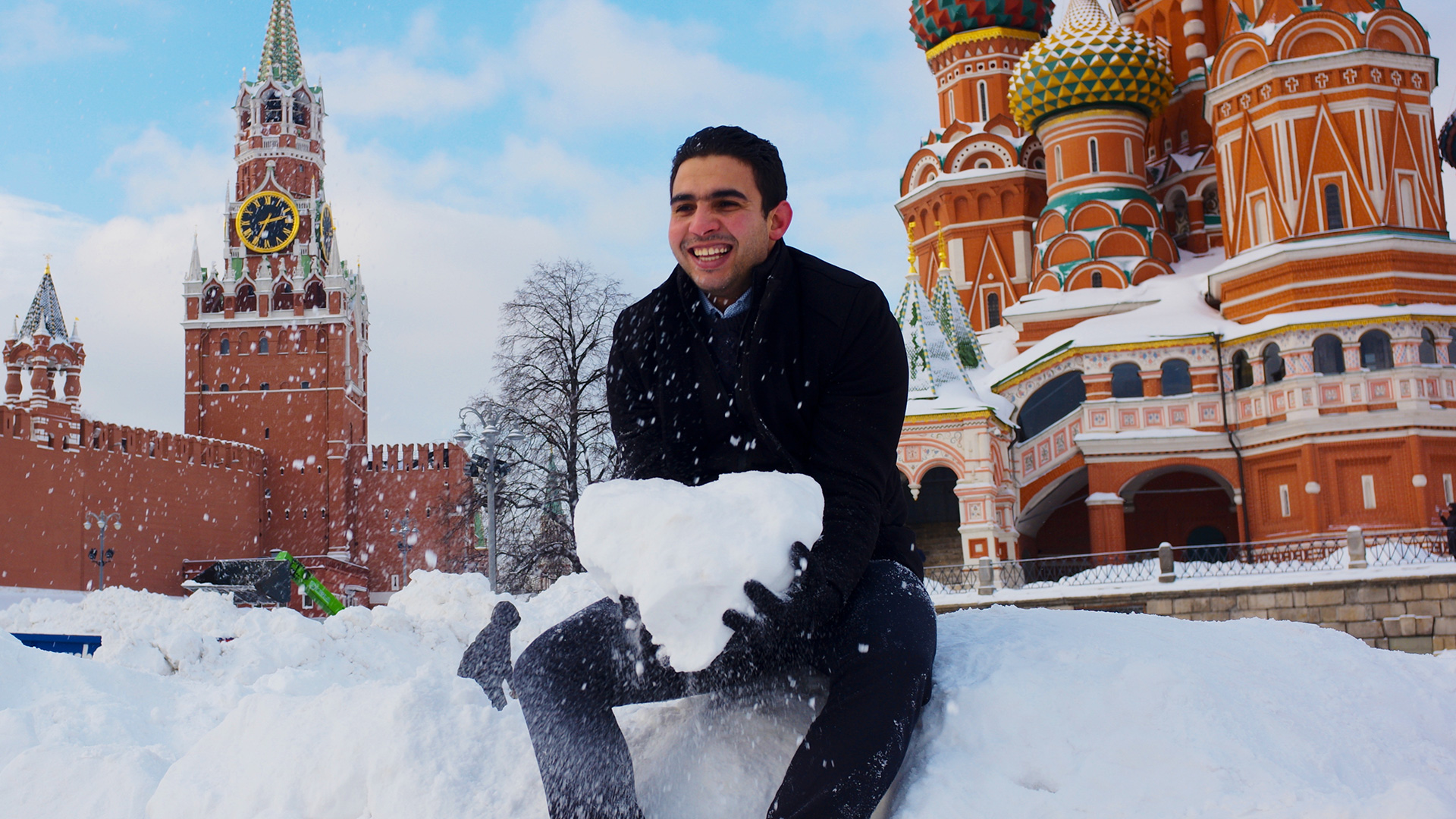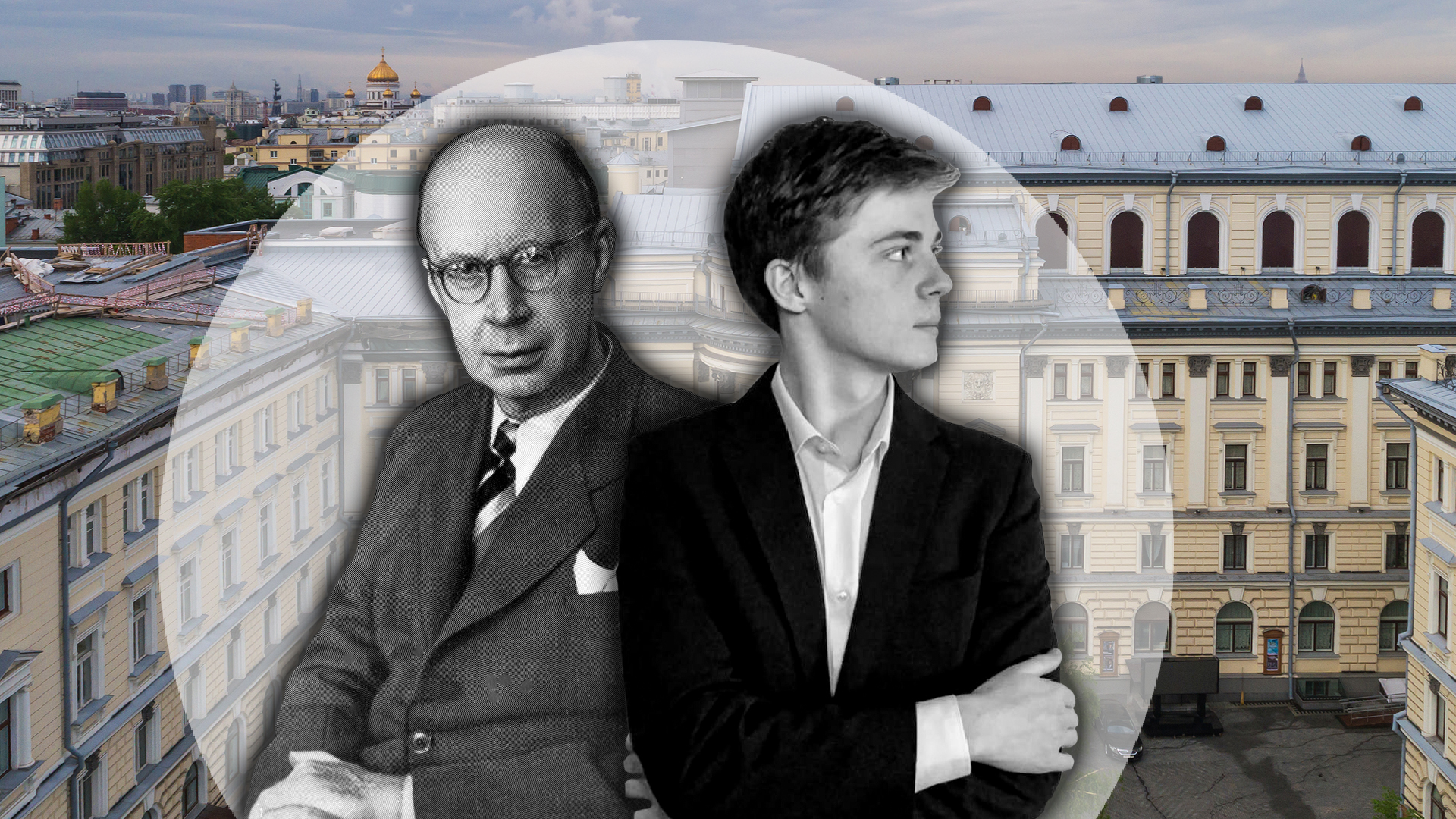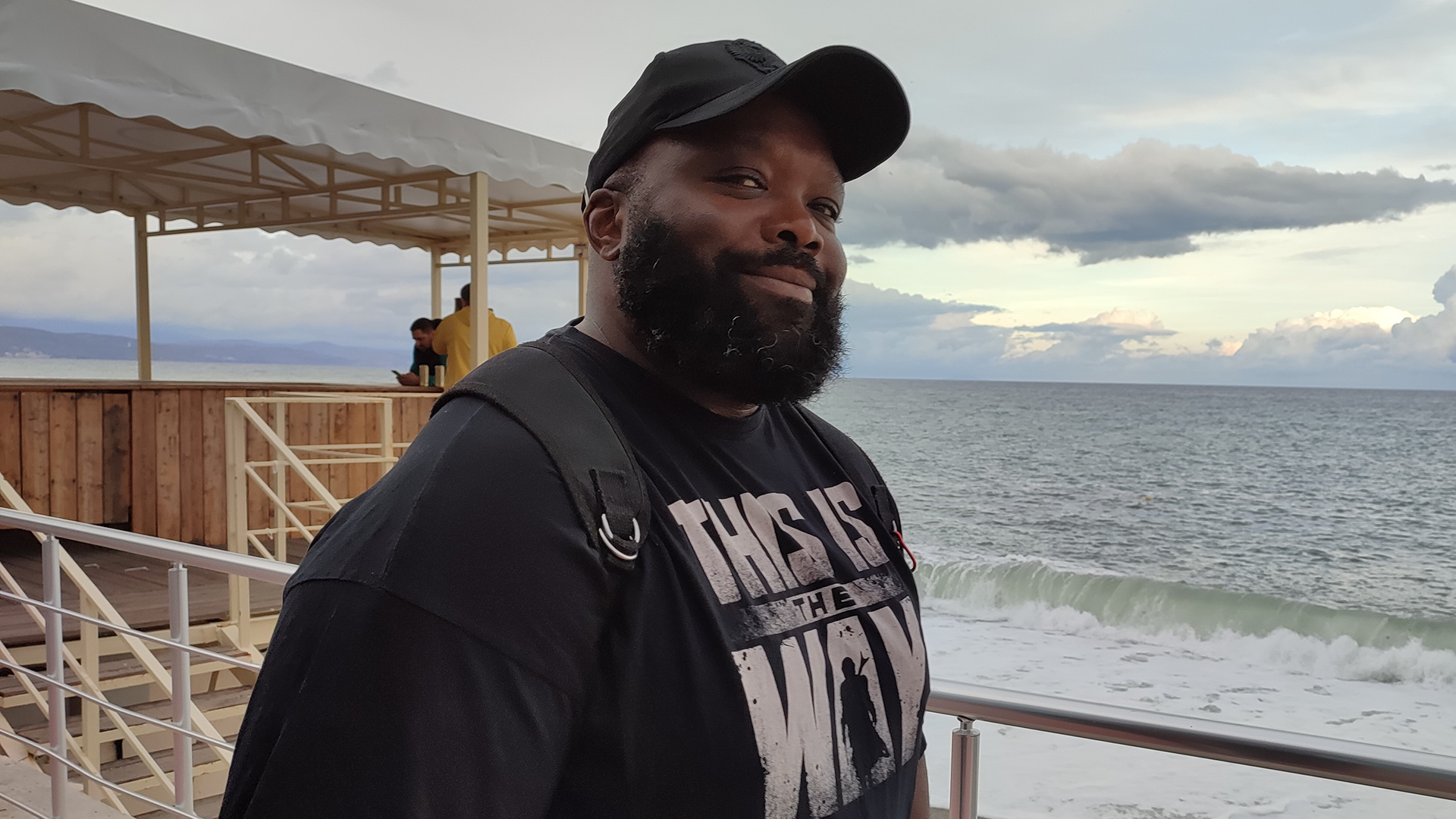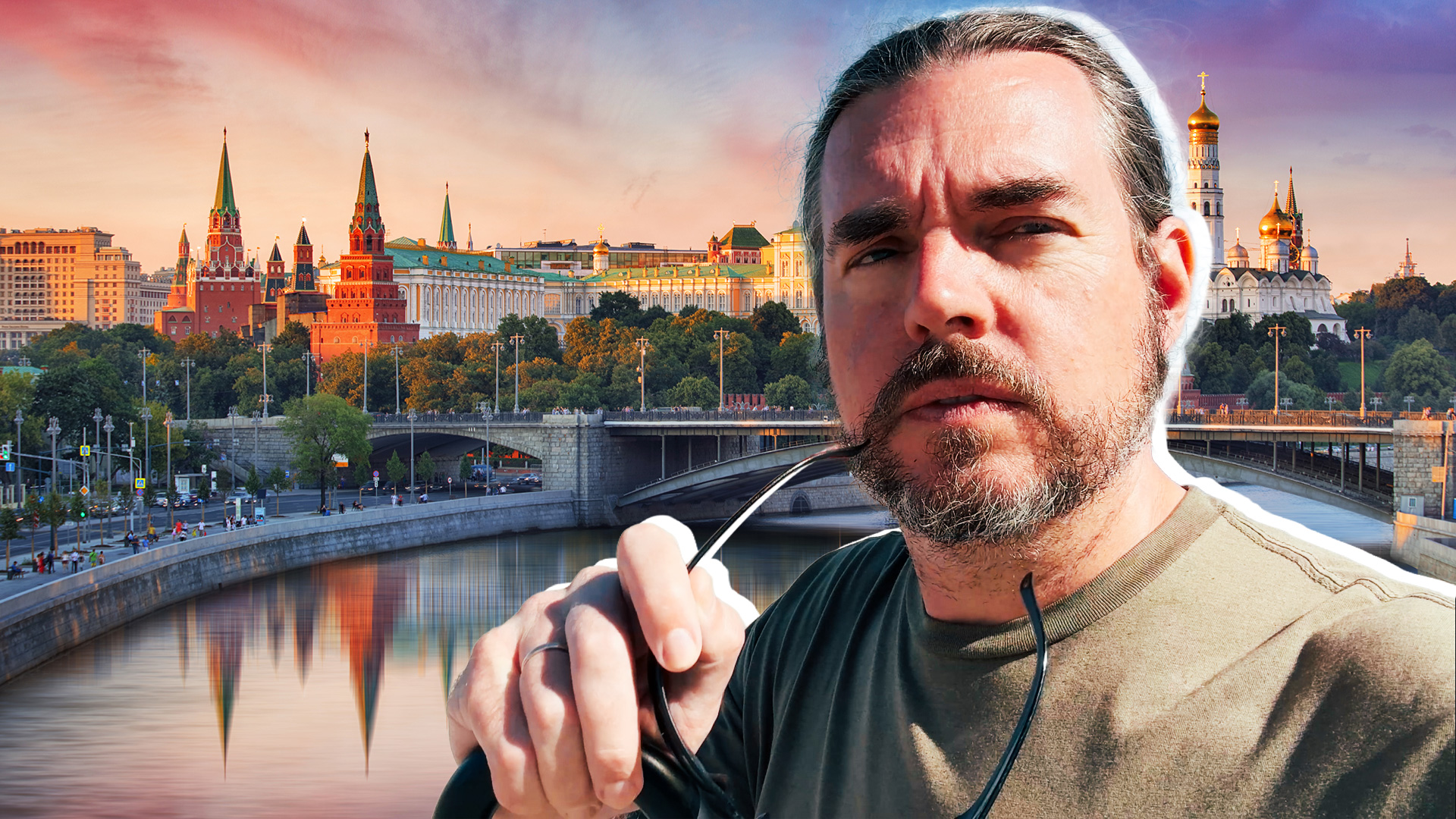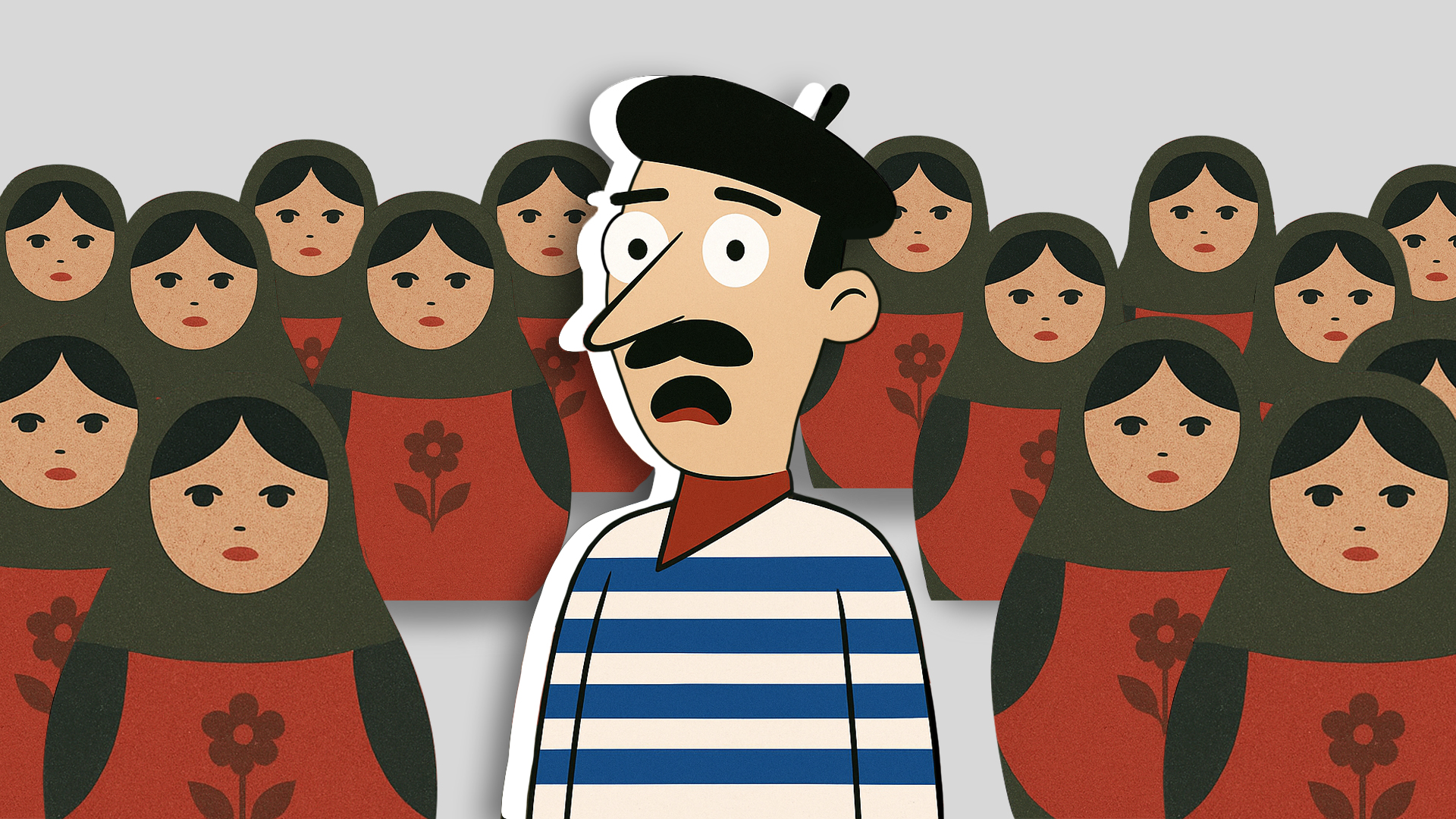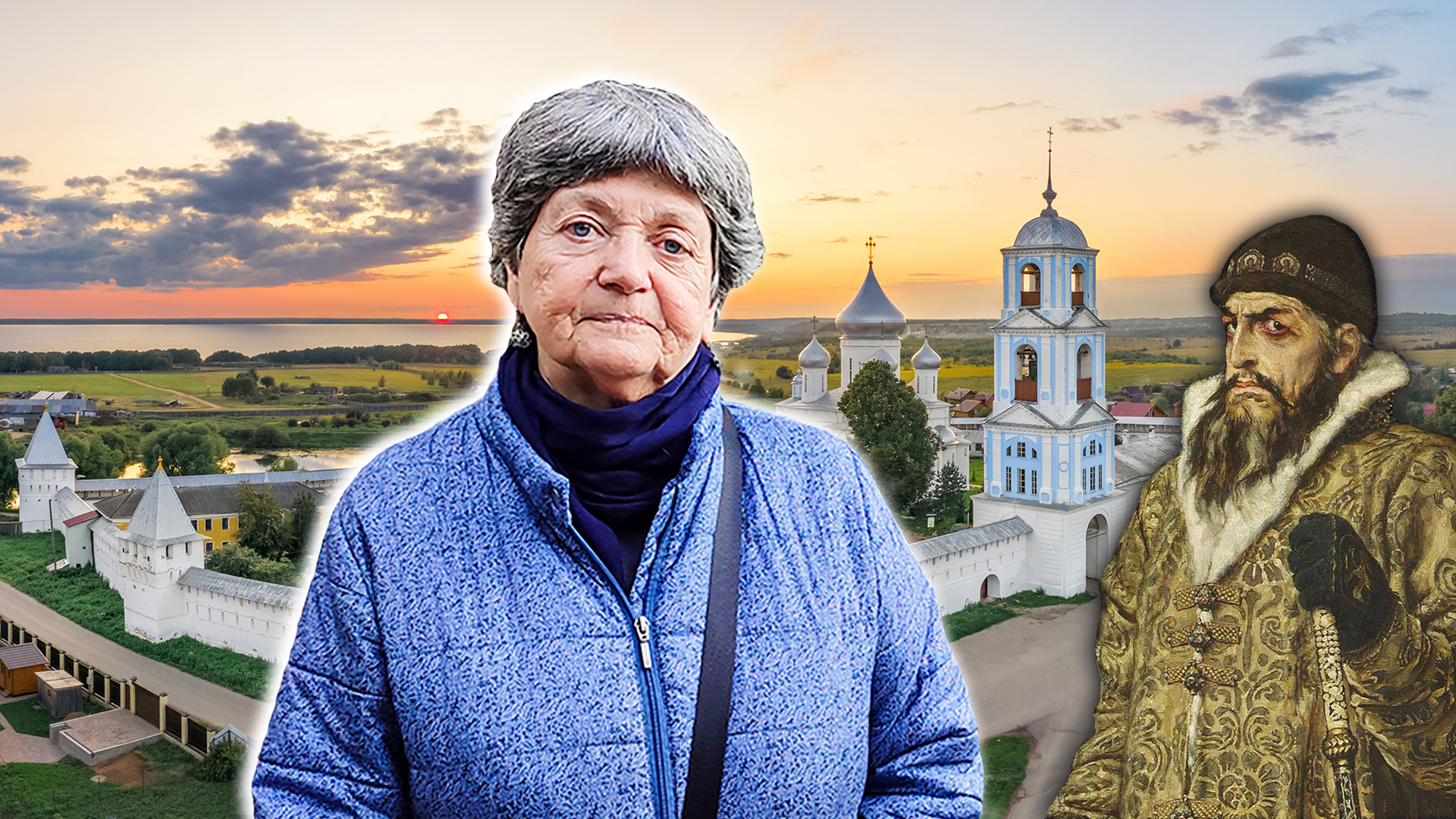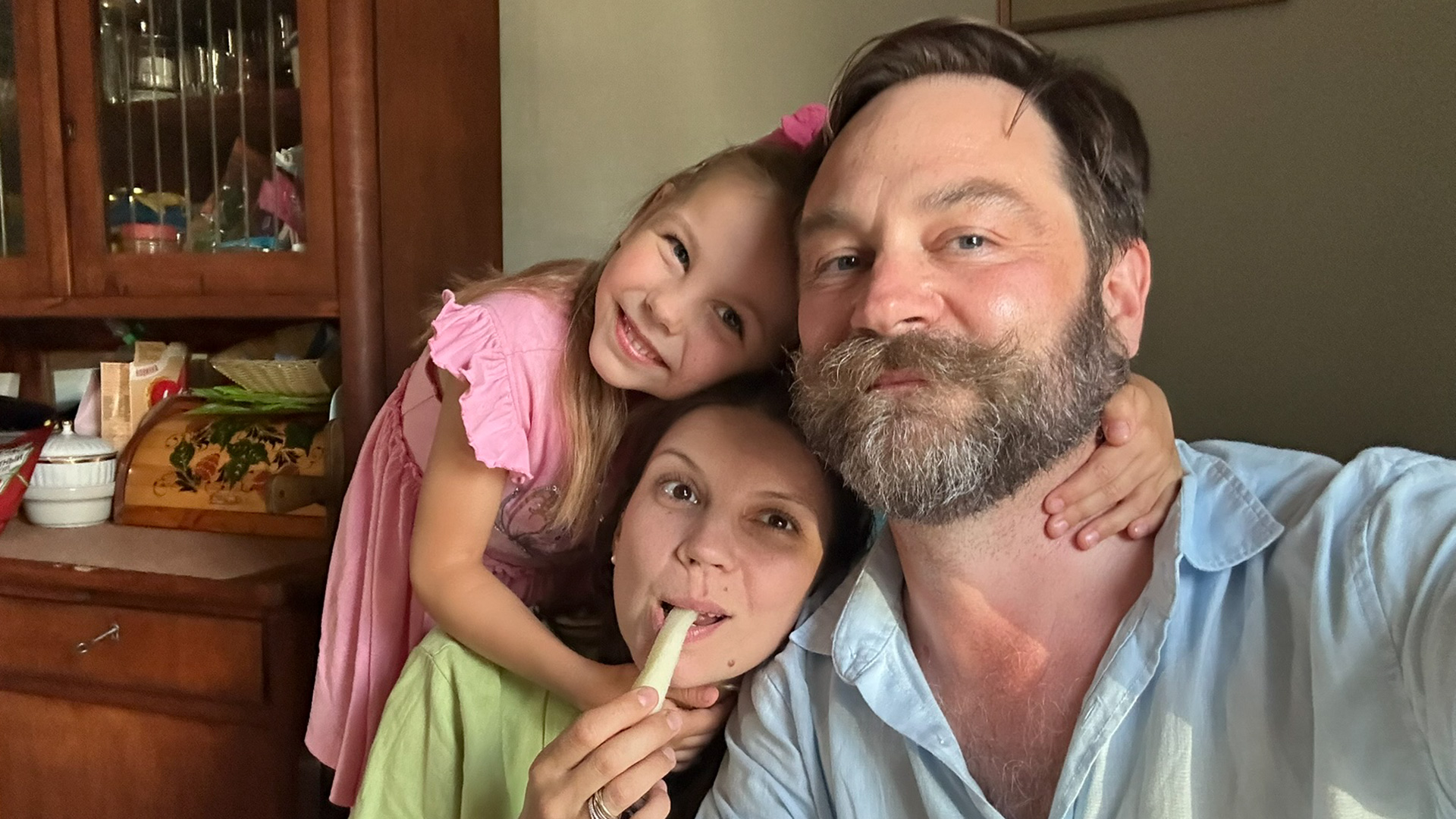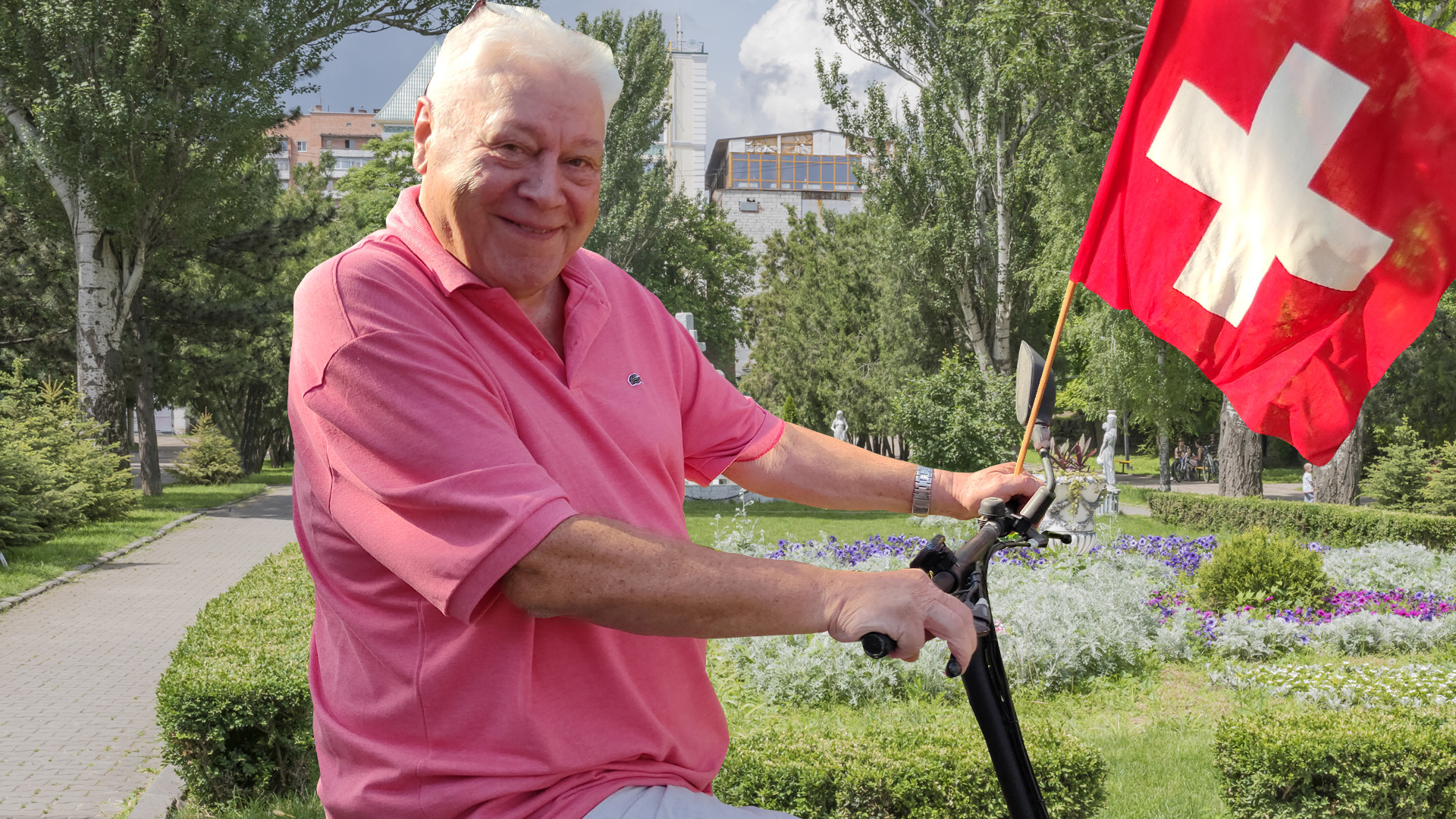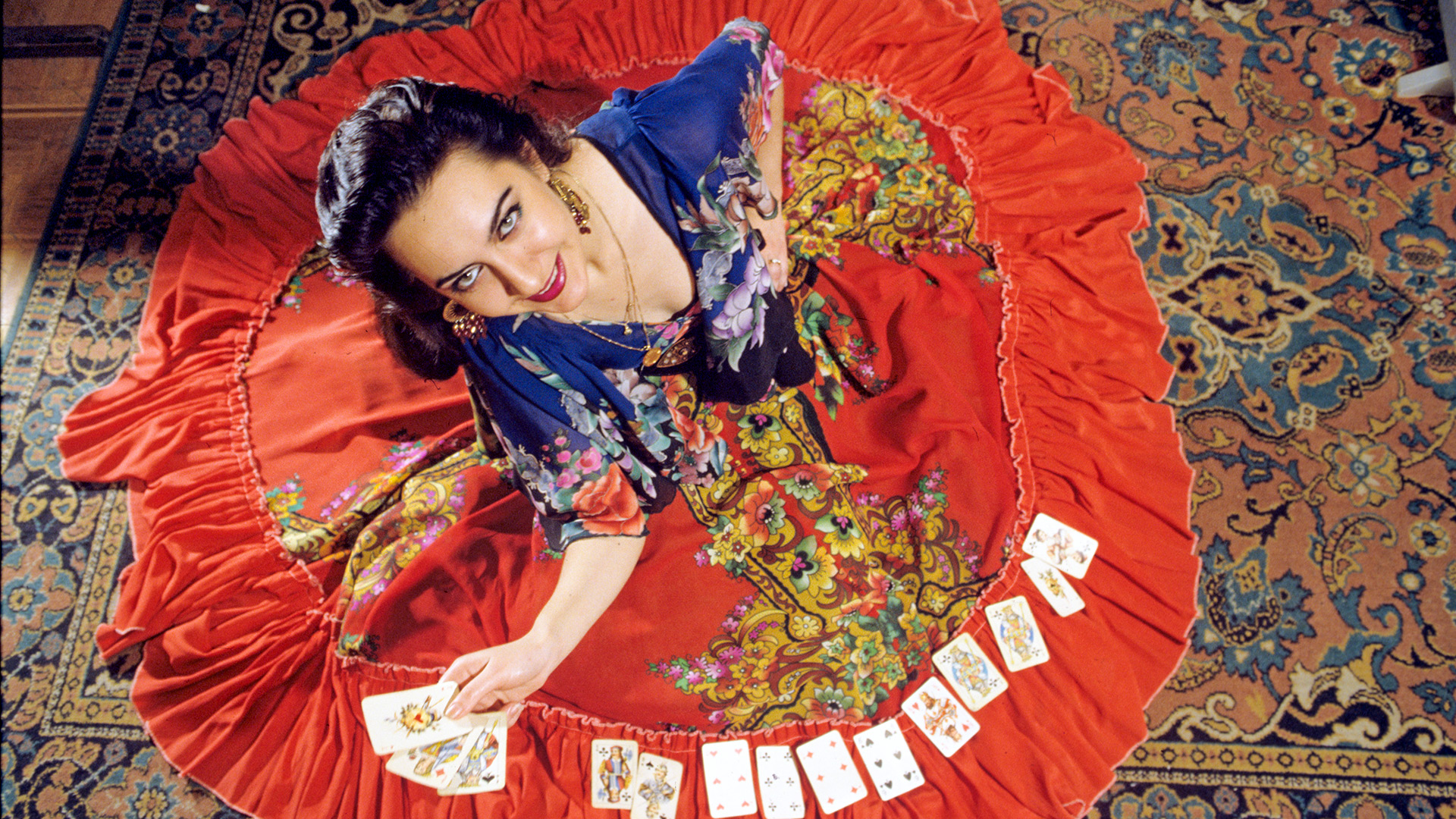
Why a Bolivian violinist moved to Russia
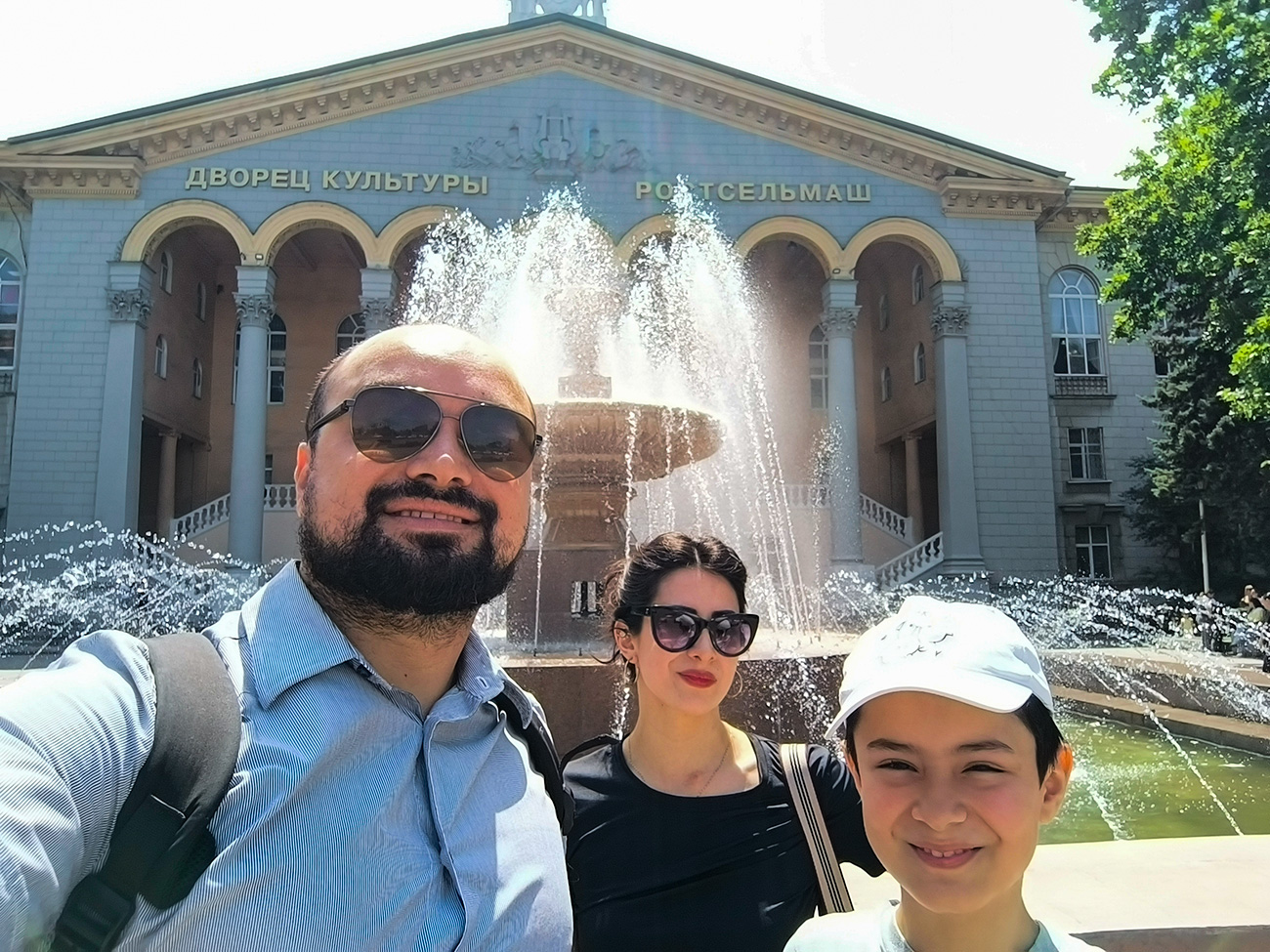 House of Culture in Rostov-on-Don
House of Culture in Rostov-on-Don
Three years ago, a family of musicians moved from Bolivia to the southern Russian city of Rostov-on-Don. Now, the spouses, Alexander Lapich and Cassandra Nicole Urquidi Guerra, play violins in the local academic symphony orchestra, while their 10-year-old son plays the cello at a school for gifted children.
Alexander Lapich is originally from Rostov, but, in 1997, when he was six years old, his father started a business in Bolivia and the family moved to South America. Alexander had begun playing the violin in his homeland and continued doing so in his new country.
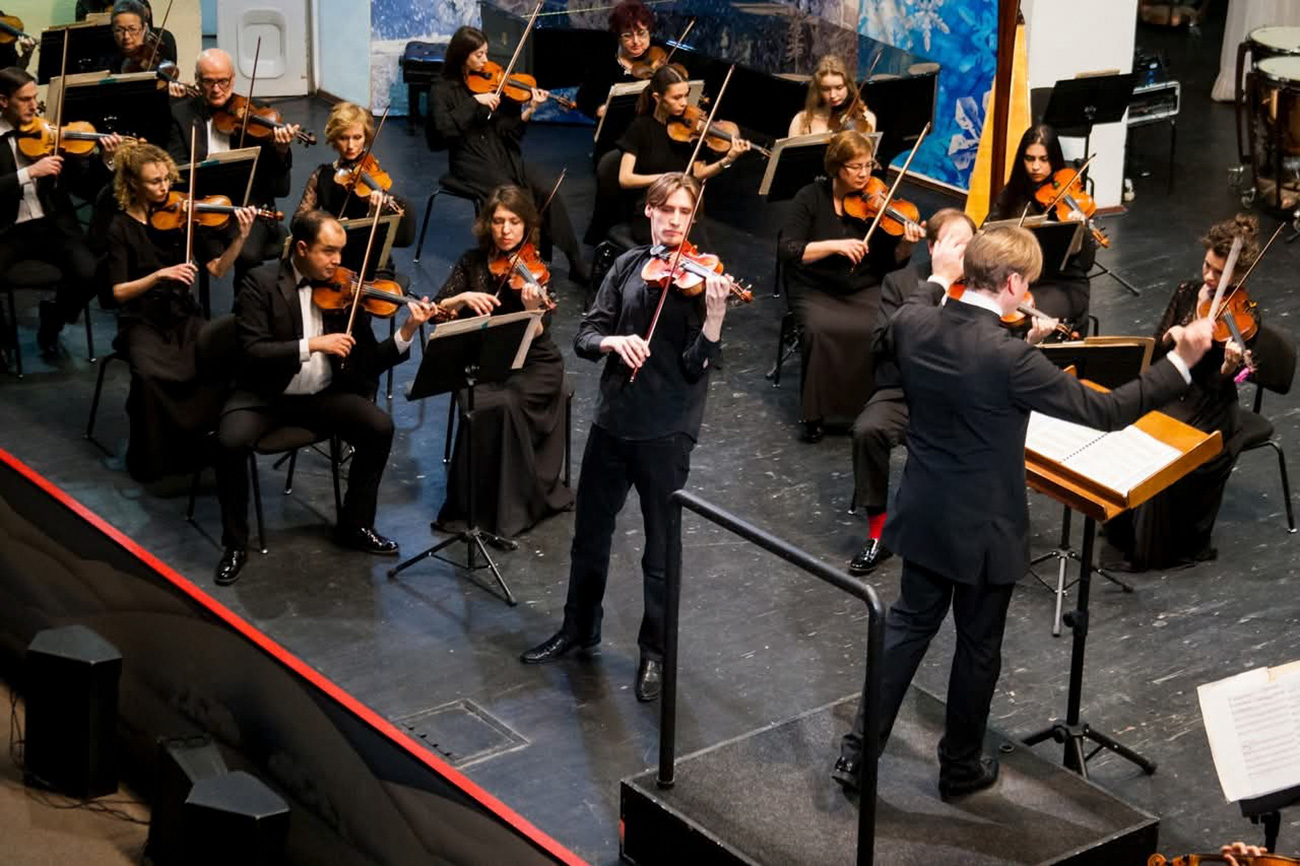 The Rostov Academic Symphony Orchestra on stage at the Rostov State Philharmonic.
The Rostov Academic Symphony Orchestra on stage at the Rostov State Philharmonic.
Back in school, he met his future wife: “Casandra was a year behind me in school. We lived in different cities, but we met at an orchestra festival held in southern Bolivia.”
Alexander returned to Russia to get his higher musical education and then went back to Bolivia to work in an orchestra.
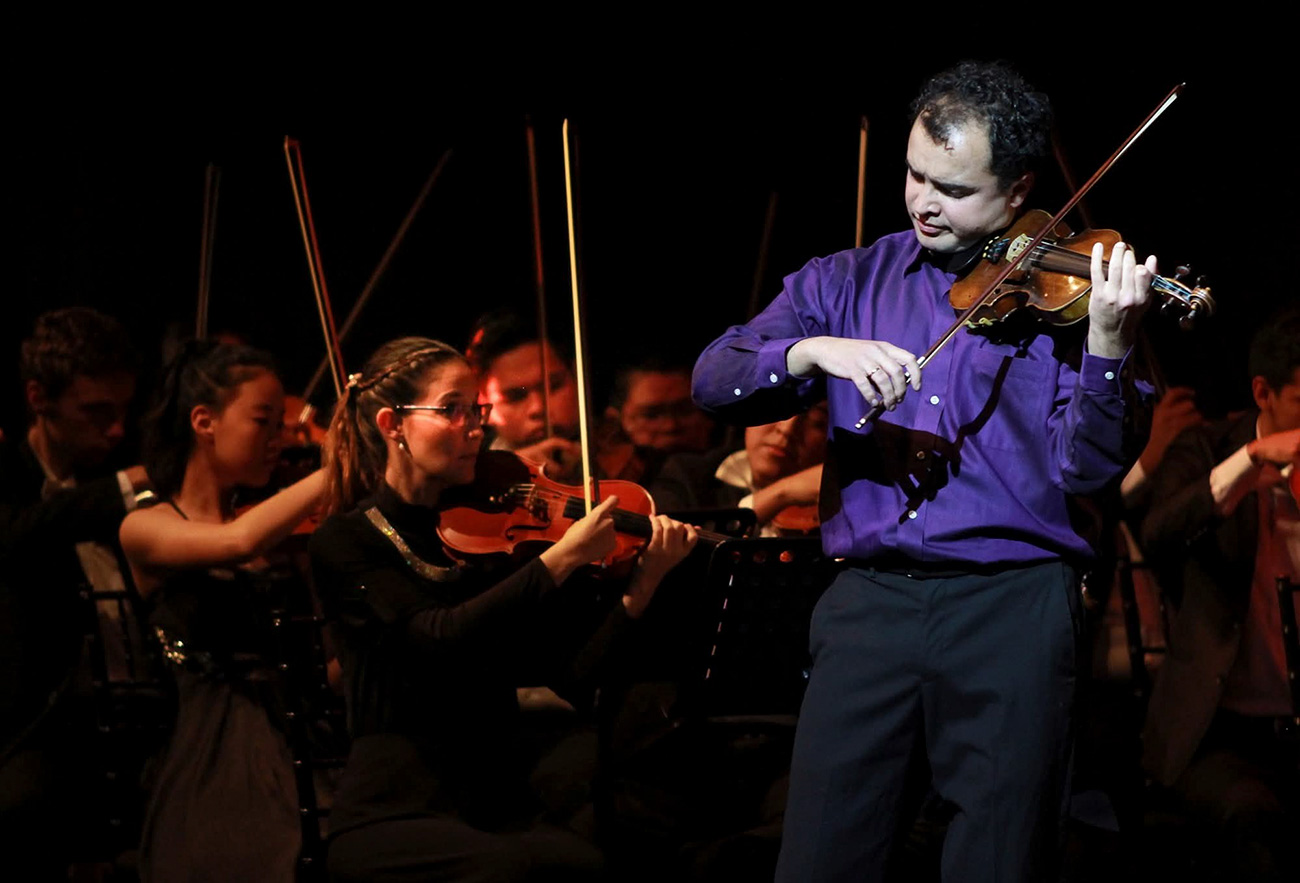 Alexander Lapich performing with the Philharmonic Orchestra of Santa Cruz de la Sierra, Bolivia.
Alexander Lapich performing with the Philharmonic Orchestra of Santa Cruz de la Sierra, Bolivia.
In 2014, the couple got married in Alexander's hometown of Rostov. "At the registry office, everyone was shouting 'Gorko! Gorko!' to us. I thought: What do they mean?” says Cassandra. ‘Gorko’ literally means ‘bitter’ and this is what guests traditionally shout at weddings to make newlyweds kiss (to bring sweetness to their future together).
“Then, they showered us with money. Another wedding tradition. I certainly didn't mind," says Casandra, laughingly. In her home country, Catholic wedding traditions are more calm.
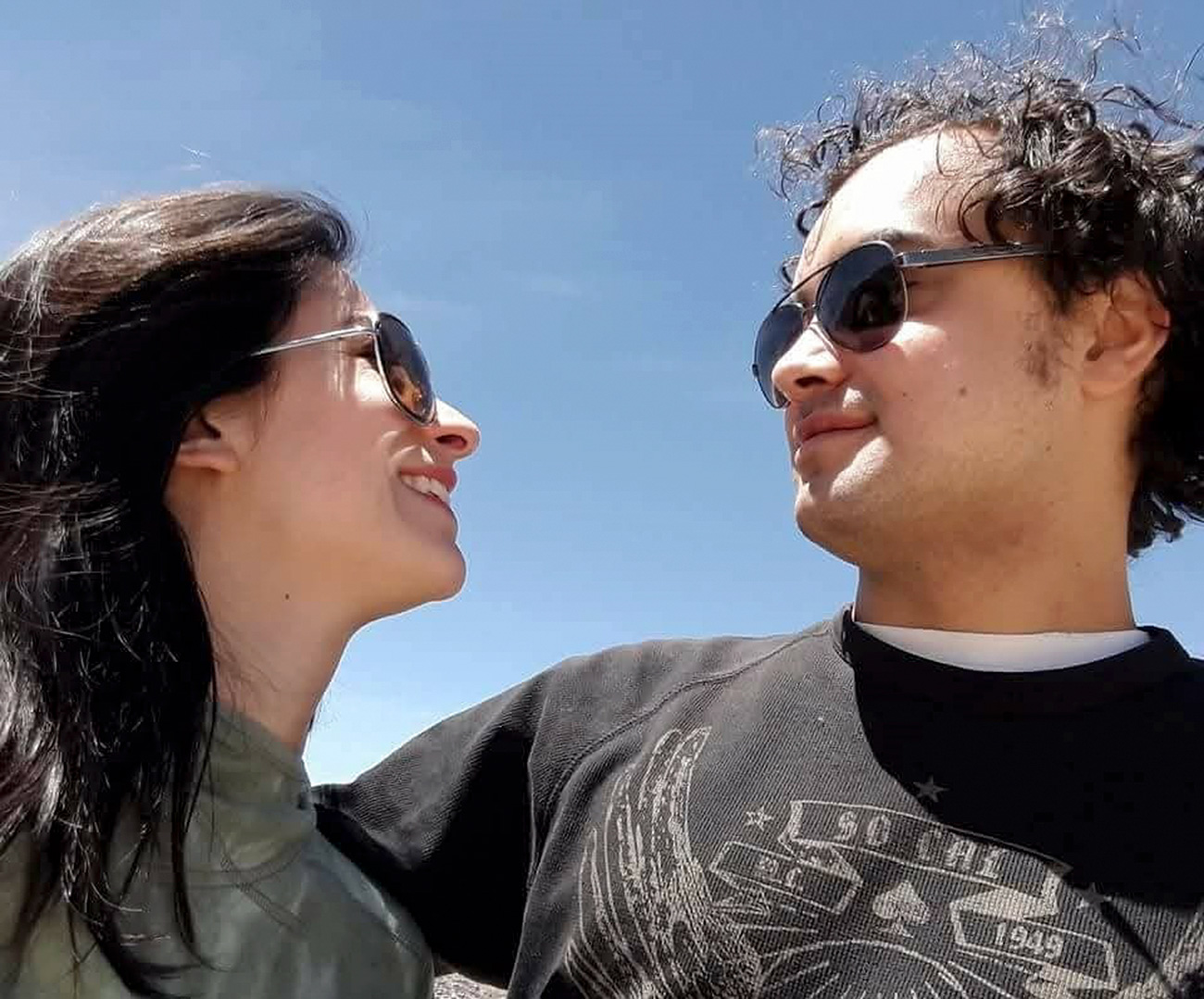 Alexander and Casandra in Bolivia, 2016.
Alexander and Casandra in Bolivia, 2016.
The Russian language & moving to Russia
“Besides her native Spanish, Casandra is fluent in English and also knows a bit of Italian and German. A musical ear is more sensitive; I suppose it helps with remembering languages better,” says Alexander.
But, Cassandra admits: Russian is very difficult! She studied it for a year at an institute of the Russian language. She’s continuing her studies now and her son helps her.
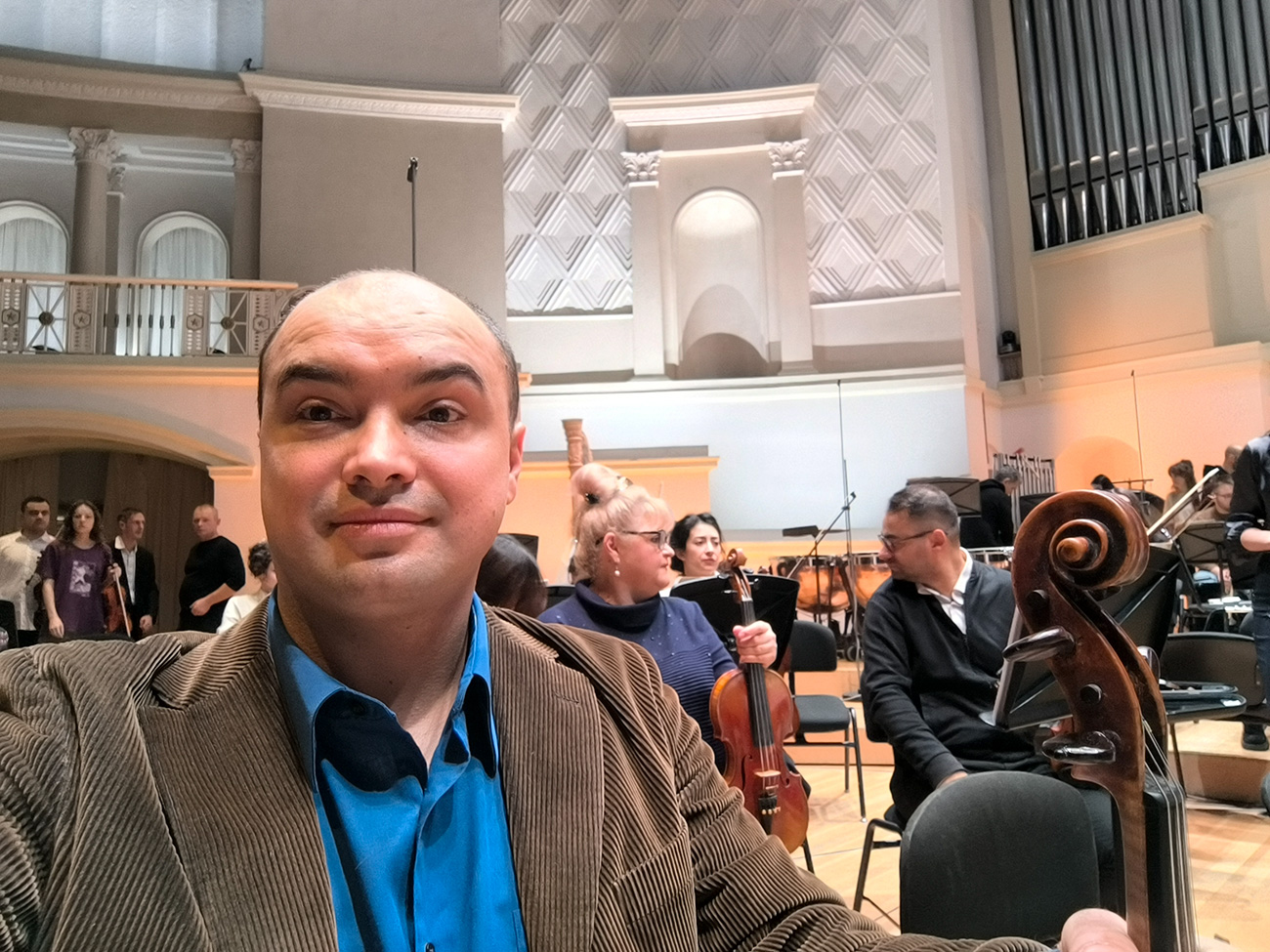 The Rostov Symphony Orchestra on tour in Moscow’s Tchaikovsky Concert Hall.
The Rostov Symphony Orchestra on tour in Moscow’s Tchaikovsky Concert Hall.
The family moved to Russia in 2022. Their son had grown up and it was time for him to go to school; they decided it should be in Russia.
“Life in Bolivia is dangerous. The crime rate is high and cases of kidnapping are not rare: children are abducted and a ransom is demanded. Parents try not to let their child go to the store alone. That's the first reason. The second: education in Russia is significantly better. We knew Grisha [short for Grigory - ed.] was musical and we wanted him to develop. Today, our son studies at an experimental music school attached to the arts college,” says Casandra.
Because of her exotic appearance, people in Rostov sometimes mistake Casandra for an Armenian or Georgian. But, she’s used to it by now.
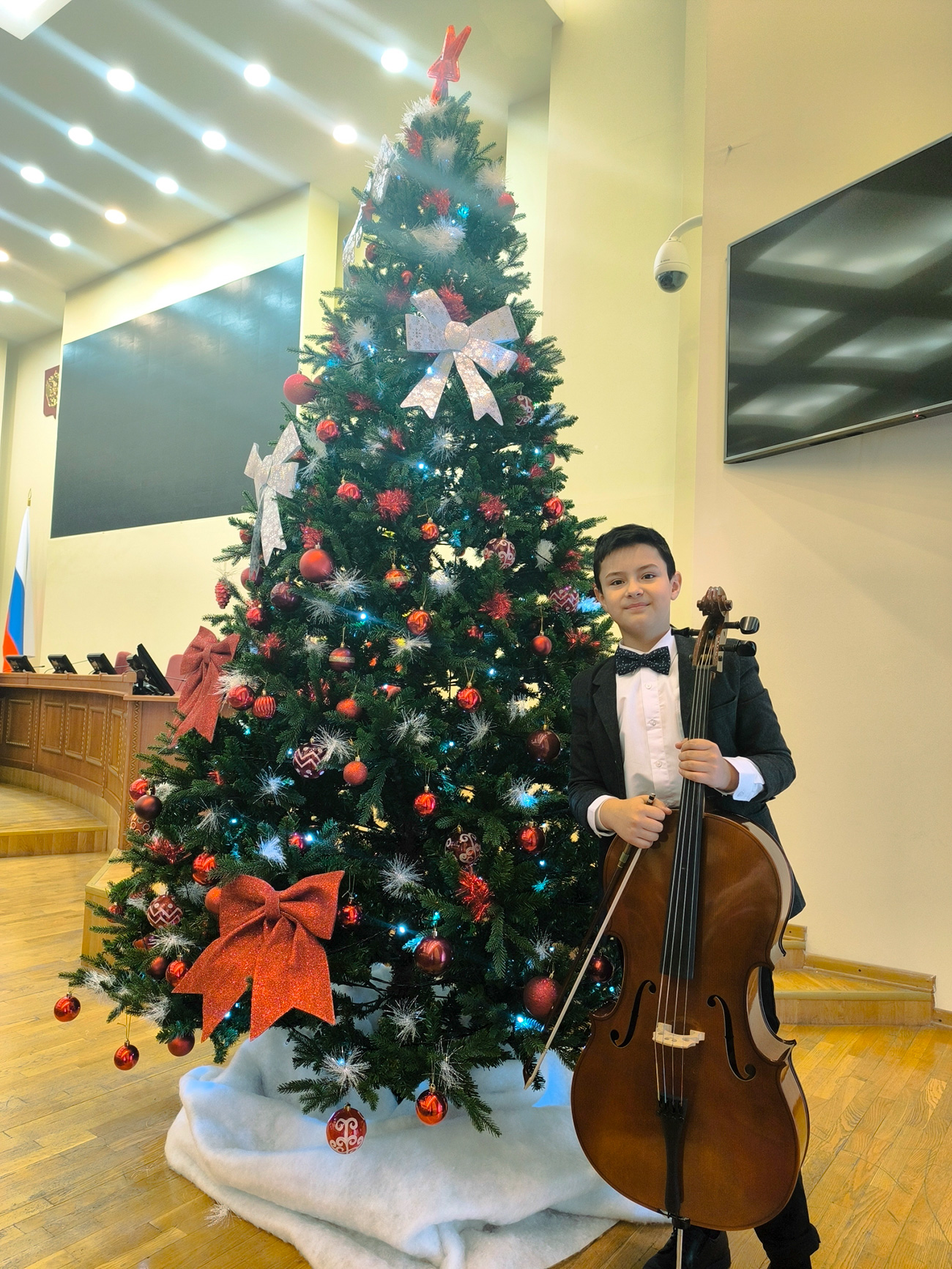 Cellist Grigory (Grisha) Lapich.
Cellist Grigory (Grisha) Lapich.
“Our son Grisha is our Russian Bolivian. Or Bolivian Russian. He was born and lived there until he was seven. He has two passports,” boasts Alexander.
What surprises a Bolivian woman in Russia?
“As a musician, I was surprised by the soundscape. In Bolivia, it's very noisy: radios play loudly, music blares, people talk very emotionally, they shout. Here, it's quiet. It was strange at first, but now, I feel good in this tranquility,” admits Casandra.
She also noticed different smells and tastes. “Here, I tried borsch, herring under a fur coat, black bread. It was all very unexpected, but tasty.”
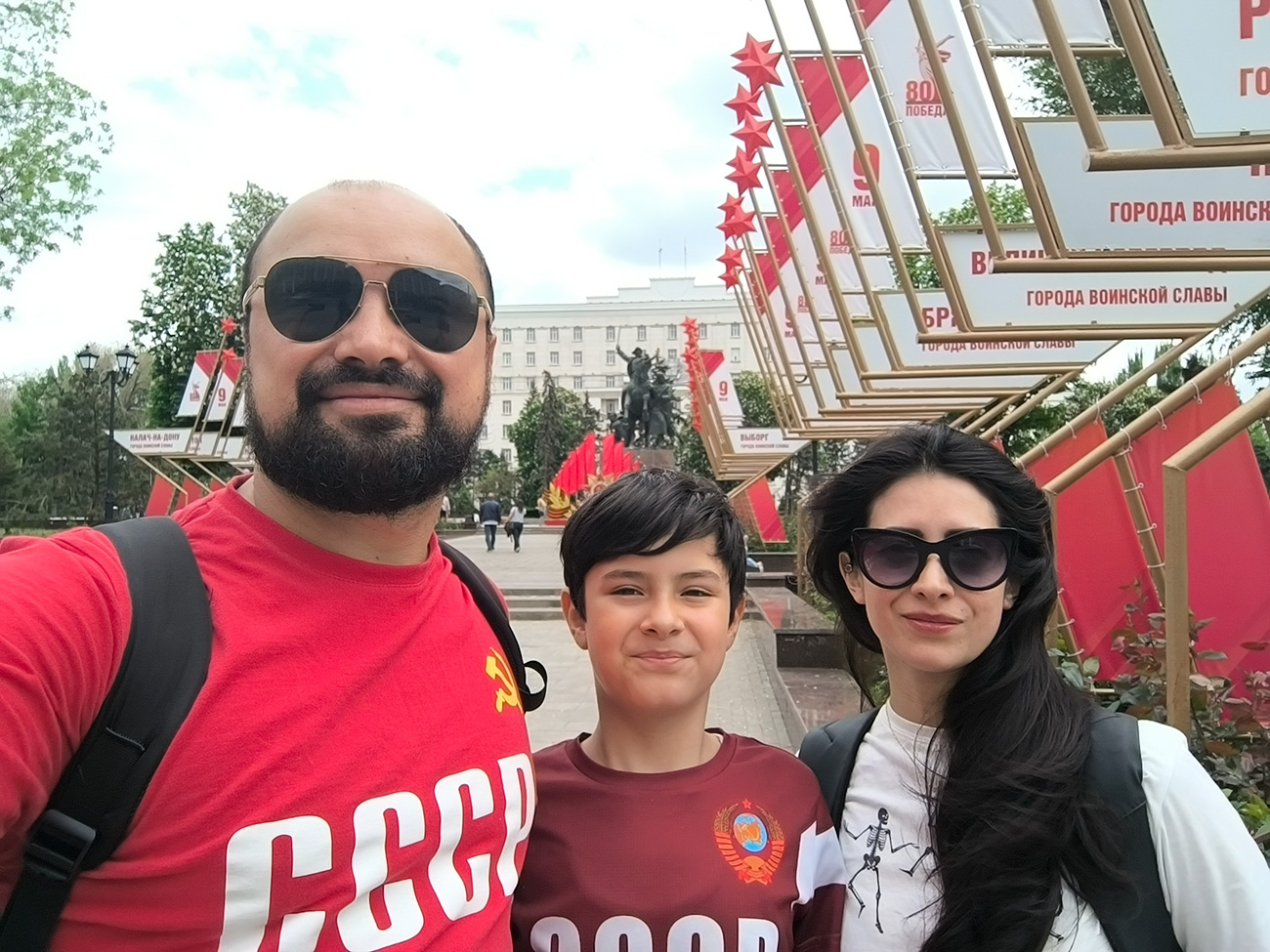 The Russian-Bolivian family in Rostov-on-Don.
The Russian-Bolivian family in Rostov-on-Don.
She likes that Rostov has lots of space, the streets are wide and drivers follow the traffic rules. Cassandra also feels calm about her child when he goes to school.
“And I also expected that Rostov would have the 'eternal Russian winter’. But, it's so hot here in the summer! In La Paz [Casandra's hometown], the weather is roughly the same all year round: 15-18 degrees Celsius during the day and, at night, the temperature can drop to minus five, as it's the highlands, after all!”
How the Bolivian woman has changed in these three years in Russia
Casandra came to Russia having read only one Russian book, ‘Crime and Punishment’. But now, she’s catching up. However, composers Tchaikovsky, Rachmaninoff, Kalinnikov, Borodin, Prokofiev and Shostakovich were already solid classics for her. And now, she has absorbed the music of modern Russia, such as Vysotsky, Malinin, as well as rock bands like ‘Korol & Shut’ and ‘Leningrad’.
“I discovered a different culture, different music, not just classics, but what sounds around me. I learned about the phenomenon of Russian rock, listened to Russian pop, folk music and it's all very diverse and interesting!”
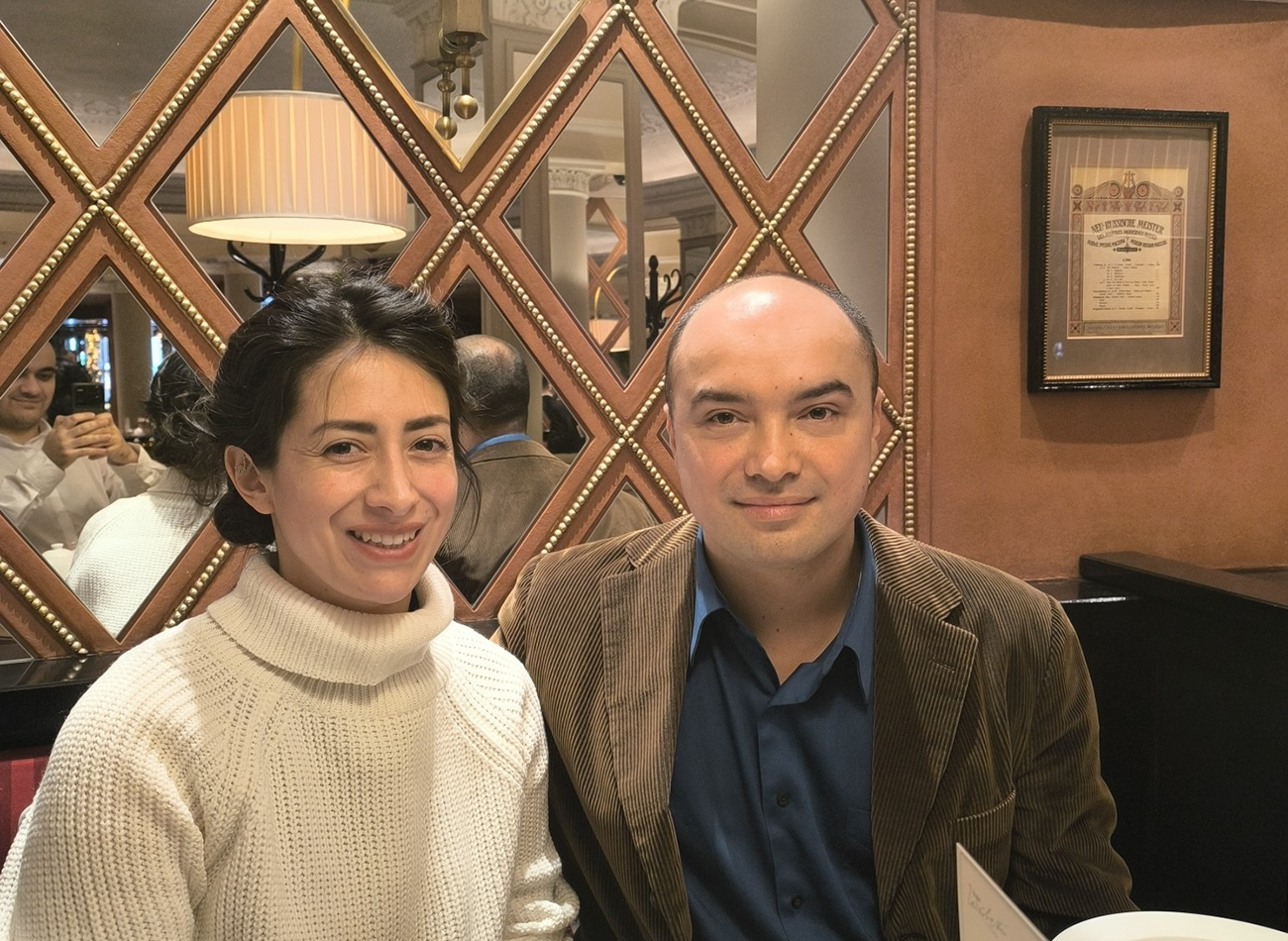 Alexander Lapich and Cassandra Nicole Urquidi Guerra.
Alexander Lapich and Cassandra Nicole Urquidi Guerra.
The violinist also admits that it was precisely in Russia that she learned to find a balance between taking care of her family and herself.
“In Bolivia, a woman, after getting married, immerses herself in housewife life and forgets that she is a woman: she might not wear makeup, not take care of her appearance. Russian women manage to do it all. They are more self-confident and I like that!”
The full version of the interview is available (in Russian) on the ‘Nation’ magazine’s website.


